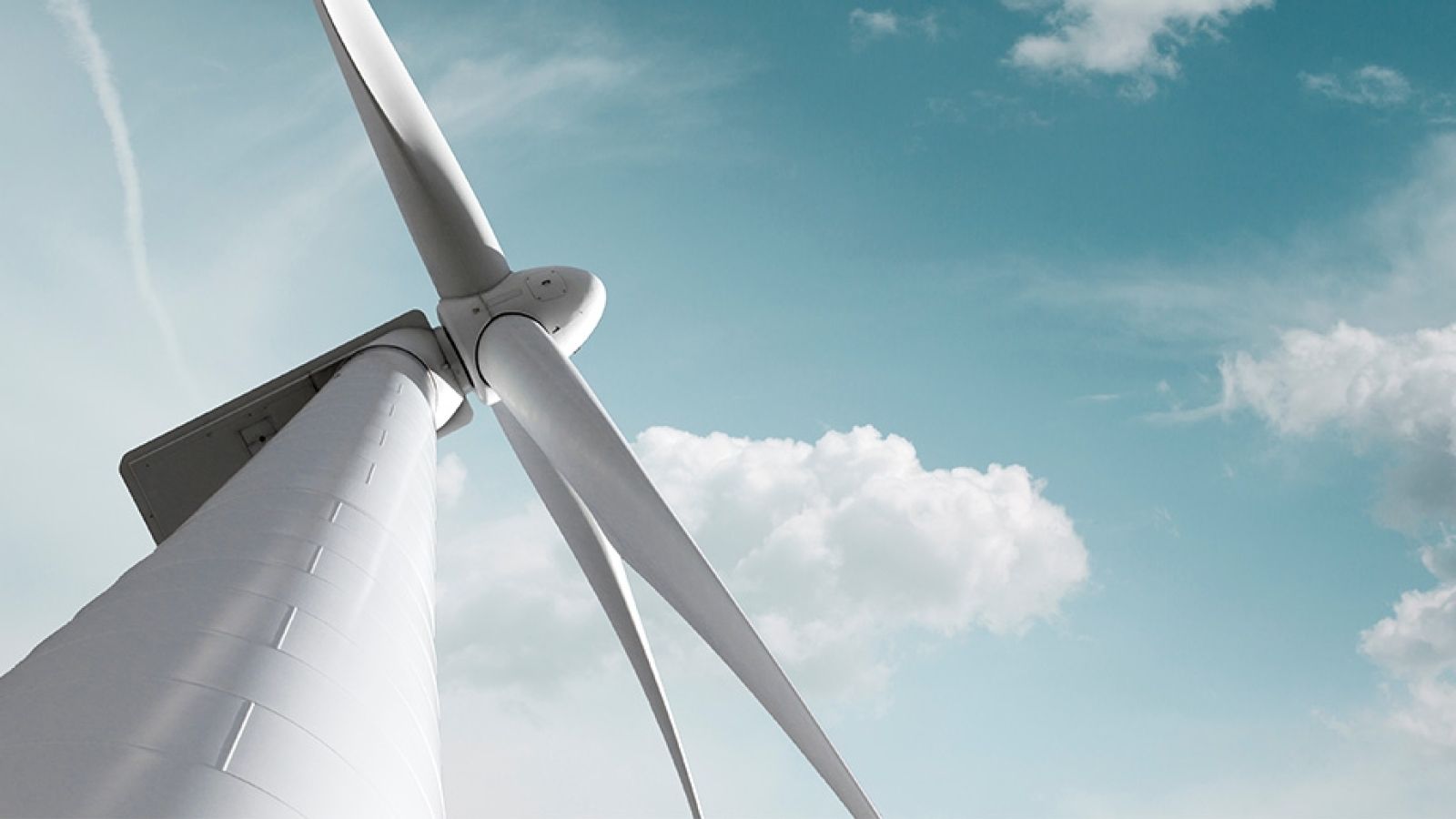CAIS scholars help drive Middle East-Australia trade relations

Two CAIS scholars have successfully secured a $40k grant from the Australian Government to run an innovative national workshop – the first of its kind in Australia.
The grant will enable the Centre for Arab and Islamic Studies to run a summit identifying how Australian and the Arab Gulf states can work together to decarbonise their energy and agriculture sectors. The Arab Gulf states – commonly referred to as the Gulf Cooperation Council (GCC) includes the United Arab Emirates, Qatar, Kuwait, Saudia Arabia and Bahrain.
The GCC-Australia Summit on Decarbonising Energy and Agriculture in scheduled for March 2024 in Canberra, Australia and will bring together leading academics and industry experts in low-carbon hydrogen and agricultural technologies.
The initiative will be the first of its kind in Australia and provides an excellent opportunity for Australia to strengthen its trade connections with the GCC states – who represent nearly 40% of all known oil reserves and are among the top 25 countries responsible for the highest CO2 per capita emissions.
“Increasing economic cooperation between Australia and the Arab Gulf states presents a real opportunity nationally to diversify our global trade and investment partners,” says Dr Jessie Moritz who co-authored the successful grant with ANU colleague Dr Anas Iqtait.
“Australia and the Gulf share the challenge of adapting to a greener future as major energy exporters. We also share the challenge of adapting our agricultural sectors to prepare for the realities of climate change. The Summit will bring together key actors to support the science, innovation, and policy needed to make these momentous transformations.”
“The Arab Gulf states all have ambitious renewable energy goals and Australian can play a strategic role in enabling these targets to be met,” Dr Moritz continued “This first of its kind national summit will help Australia seize this opportunity.”
“There are also new trade market opportunities for Australian agricultural exports in the Middle East as the region scrambles to diversify its food import destinations after the Russian invasion of Ukraine halted grain exports from both countries and disrupted global supply chains,” concluded Dr Moritz.
The summit is scheduled to be held against the backdrop of outstanding economic agreements with the region, including the GCC-Australia Free Trade Agreement and United Arab Emirates-Australia Comprehensive Economic Partnership.
The grant, awarded by the Council for Australian Arab Relations, has a total project cost of over $64k. Following the summit, a policy report will be made open to public in May 2024.
For further information click here.
This article was original published on the Centre for Arab & Islamic Studies website here.